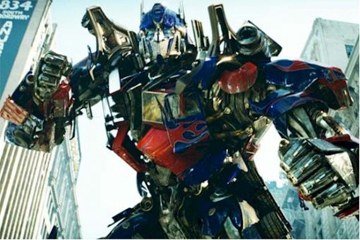
Sorry Optimus, you can’t save the plot!
Transformers 2 and Terminator Salvation are perfect examples of how storytelling negligence can leave even the biggest fans feeling cheated.
What does this have to do with travel writing? Whether you’re writing about the coming robot apocalypse or riding through Mongolia, the rules are the same.

